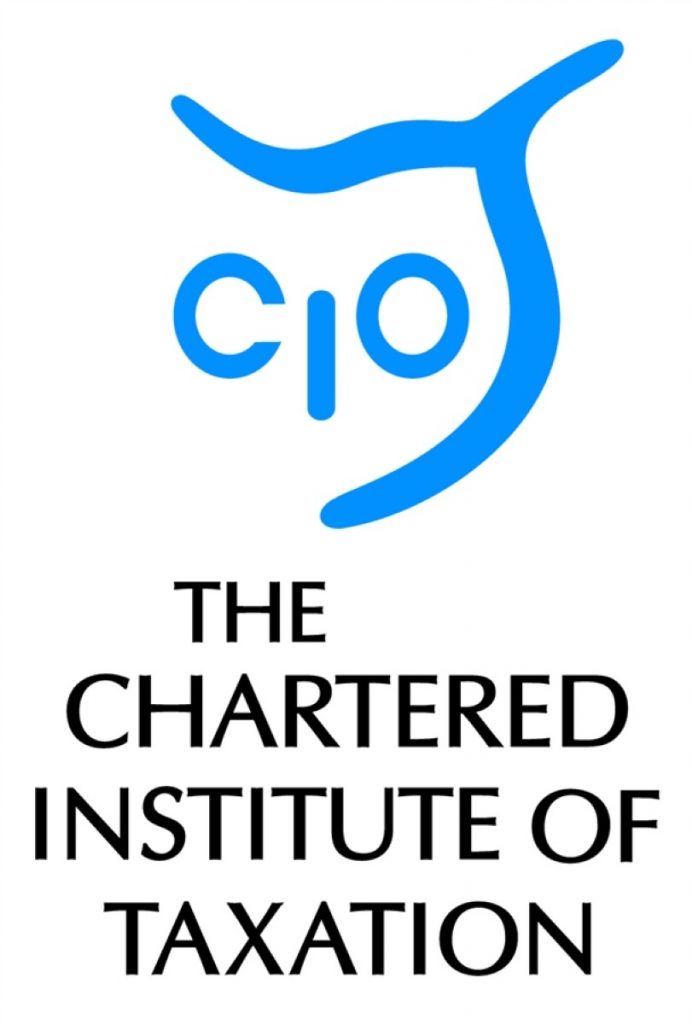CIOT: VAT cost sharing announcement welcome, but don’t restrict its scope
The Chartered Institute of Taxation (CIOT) has welcomed yesterday’s announcement by HM Revenue and Customs (HMRC) that legislation will be introduced to bring the EU VAT Cost Sharing Exemption into UK law.
Cost sharing takes place when a group of individuals, companies, charities or other bodies form another body that hires staff and acquires other resources in order to provide services to its members. The buying in of such services is VAT-liable – despite the fact that some or all of the services would not be VAT-liable if carried out in-house.
Stephen Coleclough, Vice President of the CIOT and President of the Confédération Fiscale Européenne, explained:
“The implementation of this exemption is long overdue.
“We are pleased to see that the draft primary legislation is largely limited to reproducing the wording of the exemption in the Principal VAT Directive. However, much of the detail will be laid out in secondary legislation which is yet to be published and which will need careful scrutiny.
“We very much hope that HMRC will implement the exemption in accordance with the scope of the EU Directive and not seek to impose more restrictive conditions, for example by excluding ‘back office’ services from its scope.
“We welcome the invitation to be involved in the next crucial stage of developing the guidance on how the exemption will be implemented. That should include HMRC’s definition of certain terms, such as a ‘group of persons’, but the guidance should be just that.”
Notes to Editors
1) Cost sharing refers to the situation in which a group of individuals, companies, charities or other bodies form another body (the cost sharing group, or CSG) that hires staff and acquires other resources in order to provide services to its members. Members are each charged their proportion of the cost incurred by the CSG.
For example, suppose a number of charities get together to employ a number of people to raise funds for themselves. Under normal VAT rules, VAT would be due on the services of the CSG’s employees and its other costs. Since salaries are not normally subject to VAT, this adds 20% to the cost. The cost sharing exemption should permit the CSG to supply its services free of tax as Article 132(1)(f) of the Principal VAT Directive exempts the services provided by a CSG to its members from VAT provided that the services are rendered at cost.
The exemption applies to individuals, companies and certain other organisations provided that their activities are either exempt from VAT or are not within the charge to VAT. For example, in a case that came before the Court of Justice of Europe, a number of small insurance companies formed a CSG to run a claims handling service. The Court found that the exemption did apply to those services.
This exemption should have been introduced in UK law in 1978 but HMRC have argued that there was no demand for it and that it was implemented in other ways. Following the 2010 Budget, HMRC consulted on how it should comply with the UK’s obligation to implement it, which offers scope for charities and similar organisations to save on their VAT costs.
The exemption does not apply where the provision of the services would lead to distortion of competition.
HMRC envisage that the exemption will benefit a wide range of businesses including those in the finance, insurance, charity and education sectors.
2) The Chartered Institute of Taxation (CIOT) is a charity and the leading professional body in the United Kingdom concerned solely with taxation. The CIOT’s primary purpose is to promote education and study of the administration and practice of taxation. One of the key aims is to achieve a better, more efficient, tax system for all affected by it – taxpayers, advisers and the authorities.
The CIOT’s comments and recommendations on tax issues are made solely in order to achieve its primary purpose: it is politically neutral in its work. The CIOT will seek to draw on its members’ experience in private practice, government, commerce and industry and academia to argue and explain how public policy objectives (to the extent that these are clearly stated or can be discerned) can most effectively be achieved.
The CIOT’s 15,600 members have the practising title of ‘Chartered Tax Adviser’ and the designatory letters ‘CTA’.
George Crozier
External Relations Manager
D: +44 (0)20 7340 0569
M: +44 (0)7740 477374
The Chartered Institute of Taxation
Registered charity number 1037771
www.tax.org.uk
The Association of Taxation Technicians
Registered charity number 803480
Registered company number 2418331
VAT Registration Number 497 5390 90
www.att.org.uk
Low Incomes Tax Reform Group – an initiative of the Chartered Institute of Taxation
www.litrg.org.uk
1st Floor, Artillery House, 11-19 Artillery Row, London SW1P 1RT





-01.png)